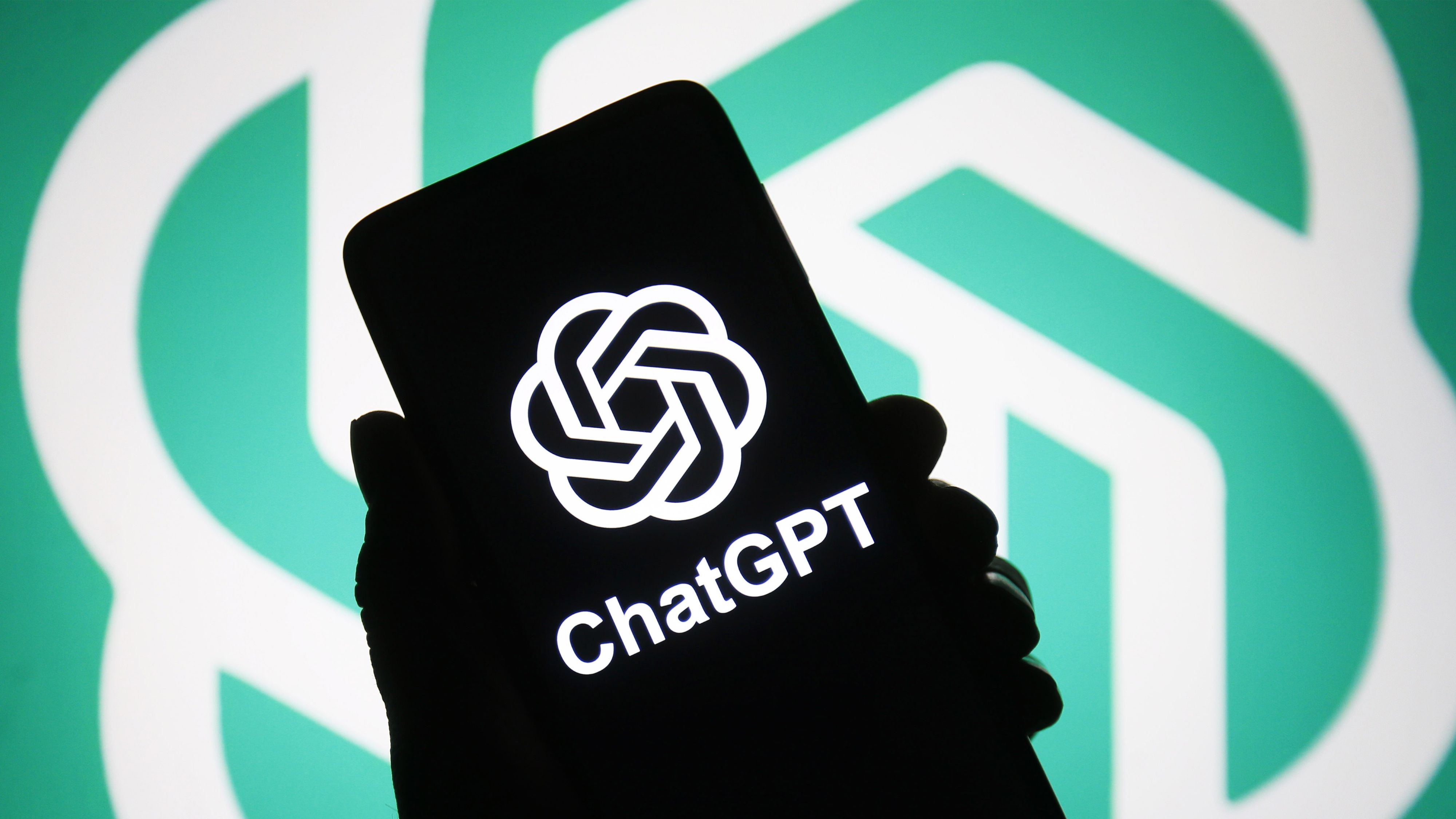
Last year, Microsoft CEO Satya Nadella argued that OpenAI had a 2-year runway to build ChatGPT uncontested. While this could be subject to argument, most people tie generative AI with ChatGPT, which technically suggests that both terms are seemingly synonymous.
This doesn't come as a surprise. In March, ChatGPT had approximately 600 million monthly active users in March. Interestingly, the AI-powered chatbot gained one million new users in under one hour.
The gains can be attributed to OpenAI launching its new GPT-4o image generator, which prompted the emergence of the viral "Ghibli" memes on social media. Sam Altman referred to the surge as "biblical demand," further revealing that he'd never experienced anything like it before.
But as it turns out, we would be having a totally different discussion today, at least as far as ChatGPT is concerned. Prior to its launch in November 2022, OpenAI's ChatGPT lead Nick Turley revealed that they almost shipped the tool with a different name.
While speaking on the latest episode of the OpenAI podcast, Nick Turley and Chief Research Officer (CRO) Mark Chen revealed that the tool almost shipped as Chat with GPT-3.5 (via Business Insider):
"It was going to be Chat with GPT-3.5, and we had a late-night decision to simplify" the name. We realized that that would be hard to pronounce and came up with a great name instead."
However, the company settled on ChatGPT, which is far simpler compared to what they had in mind. Interestingly, ChatGPT actually stands for "Generative Pre-trained Transformer."
Andrew Mayne, the OpenAI podcast host and former science communicator, revealed that a few people within the company expected the product's name to be so consequential. However, he clarified that the product's capabilities have predominantly remained similar to previous versions but with a more user-friendly interface.
"It's the same thing, but we just put the interface in here and made it so you didn't have to prompt as much."
A report by aitools.xyz revealed that ChatGPT is vastly popular compared to Microsoft Copilot despite both tools predominantly leveraging the same tech and AI models to power their capabilities. In February 2025, ChatGPT had over 52 times more visits than Microsoft Copilot in the U.S., with 173.3 million daily visits compared to Copilot's 98.9 million monthly traffic.







